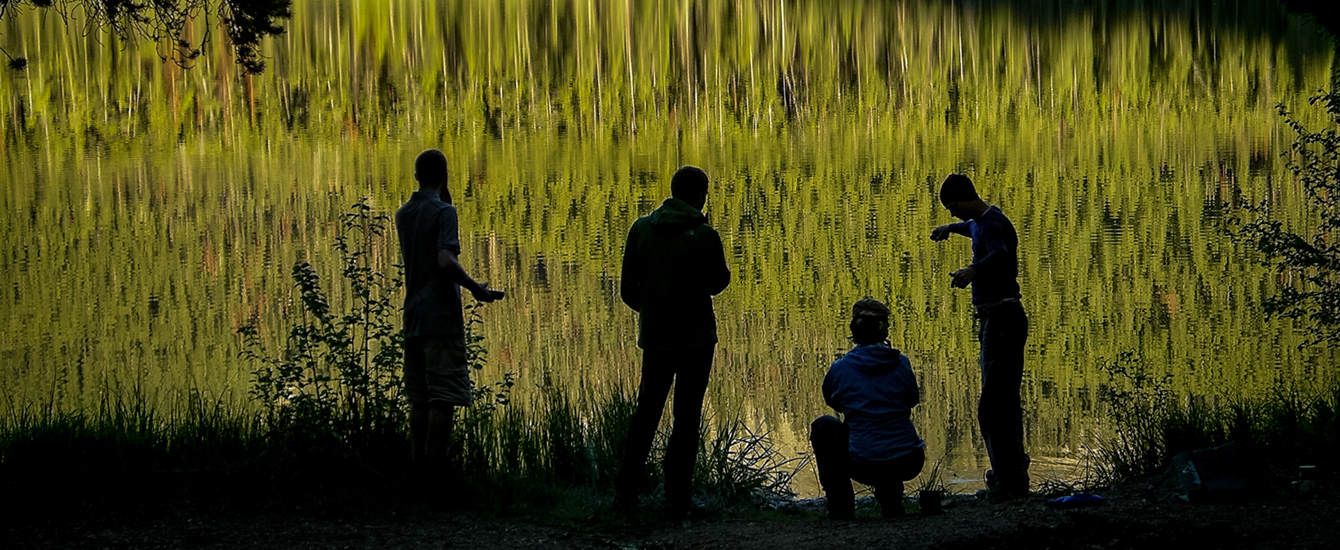Clark University earth system science geographers benefit from an interdisciplinary approach to study the complex, interrelated physical and biological components of the earth’s land surface, atmosphere, biosphere, cryosphere, and oceans, placing an emphasis on observing, understanding, and predicting global environmental changes.
Areas of Expertise
- Terrestrial ecosystems and global change
- Climate and global environmental change
- Polar climate change
- Forest ecology
- Terrestrial and marine biogeochemistry
- Landscape and disturbance ecology
- Surface water and cold-region hydrology
Faculty
Abby Frazier, Ph.D.
Climate variability and change, geospatial analysis, geostatistics, climate adaptation, rainfall patterns, drought, Pacific Islands, ecosystem-climate interactions
Karen Frey, Ph.D.
Climate and global environmental change, polar climate change, land-ocean linkages, terrestrial and marine biogeochemistry, sea ice variability, remote sensing, spatial analysis (also in GIScience and Remote Sensing)
Dominik Kulakowski, Ph.D.
Forest ecology, mountain forest ecosystems, disturbance ecology
John Rogan, Ph.D.
Landscape ecology, fire ecology, remote sensing, GIScience (also in GIScience and Remote Sensing)
Florencia Sangermano, Ph.D.
GIScience, remote sensing, species distribution modeling, landscape ecology, conservation biology (also in GIScience and Remote Sensing)
Christopher A. Williams, Ph.D.
Land surface hydrology, ecosystem ecology, hydroclimatic variability and change, global water, carbon cycles (also in GIScience and Remote Sensing)

